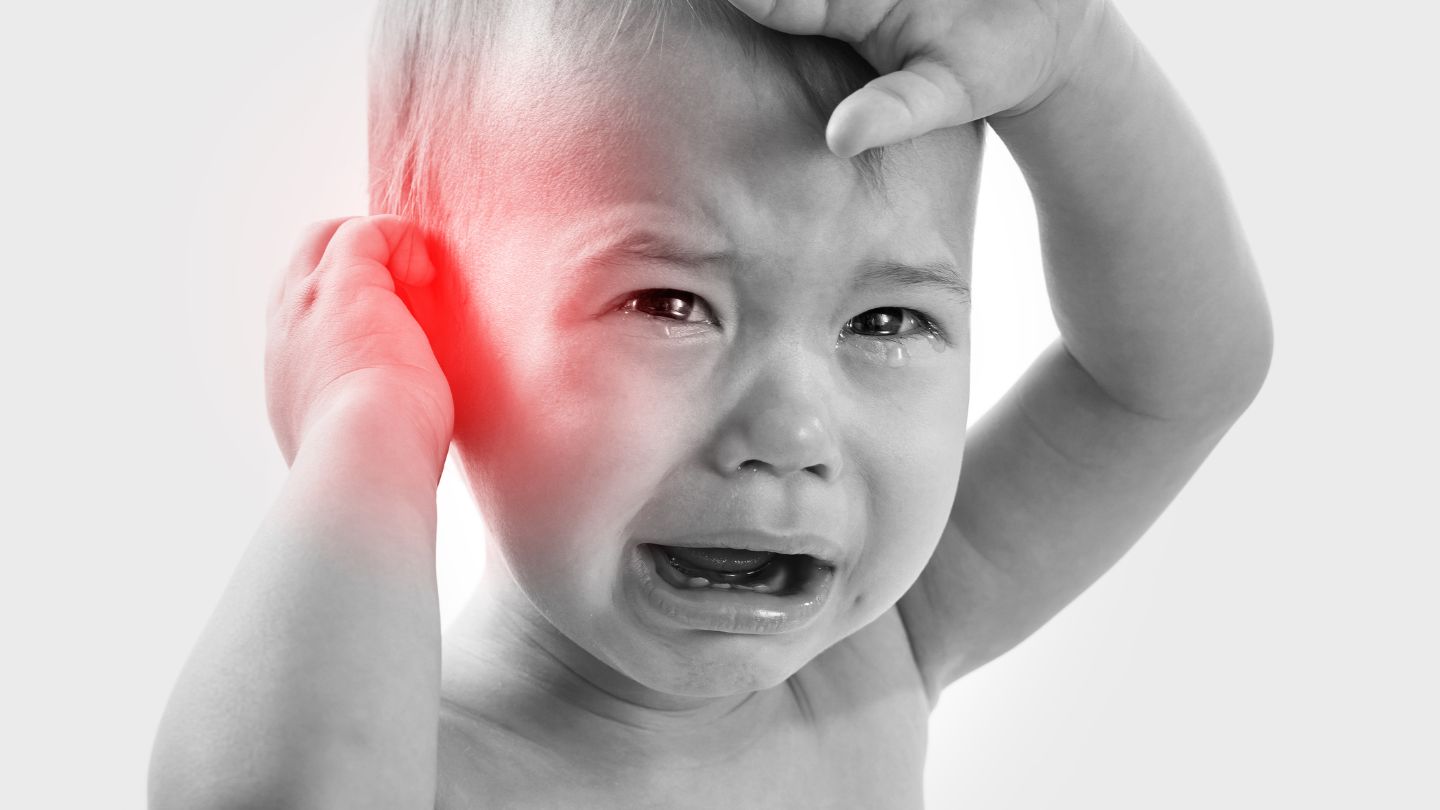
Common ENT Issues in Kids: Ear Infections, Tonsils, and How Parents Can Help
Children get ill frequently, as many parents are aware, but the frequency of ear, nose, and throat (ENT) problems may be debilitating. Almost seven out of ten kids get at least one ear infection before they turn five, and tonsillitis is still one of the top causes of missed school days, according to paediatric research. Even though the majority of these ailments are curable, prompt attention and education greatly reduce the risk of consequences.
Ear Infections – Small Ears, Big Trouble
Since their ear structures are still growing, children are more vulnerable to infections. In children, the Eustachian tube, which joins the middle ear to the throat, is shorter and more horizontal, making it easier for viruses to spread.
Frequent symptoms include hearing loss, fever, irritability, and ear ache. Some kids could experience sleep issues or pull at their ears. Mild instances can be treated with medicine, but repeated infections could necessitate an ENT assessment to rule out hearing loss or fluid accumulation.
Parents may assist by making sure the child stays away from secondhand smoke, takes care of their allergies, and keeps their ears dry after bathing or swimming.
Tonsillitis – When the Throat Speaks Through Pain
The body's first line of defence, the tonsils capture viruses and germs. Tonsillitis can result from recurrent infections, though. Children who have this illness frequently complain of fever, sore throats, swallowing difficulties, and enlarged neck glands.
While mild infections can be managed with medicines or rest, severe or chronic tonsillitis, particularly when it interferes with breathing or sleep, may need tonsillectomy, or surgical removal. The process can significantly enhance a child's comfort, quality of sleep, and general health and is safe.
Sinus and Adenoid Problems
Adenoid enlargement or sinus infections may be the cause of persistent nasal congestion, snoring, or mouth breathing in children. These may disrupt the development of speech, appetite, and sleep. With a straightforward examination, a physician can identify these problems and recommend the best course of action, which frequently involves starting with medication before thinking about surgery.
How Parents Can Help
- Encourage regular handwashing to reduce infection spread.
- Maintain a smoke-free environment at home.
- Ensure adequate hydration and a balanced diet to support immunity.
- Seek medical advice promptly if symptoms persist beyond a few days.
Early diagnosis is key — ignoring persistent ENT symptoms can affect a child’s hearing, speech, and learning.
Conclusion
At Dr. Revathi Hospital, pediatric ENT care focuses on gentle, accurate diagnosis and personalized treatment to help children recover faster and grow healthier. If your child experiences frequent earaches, sore throats, or breathing difficulties, don’t wait — consult our specialists today and give your child the comfort and care they deserve.

